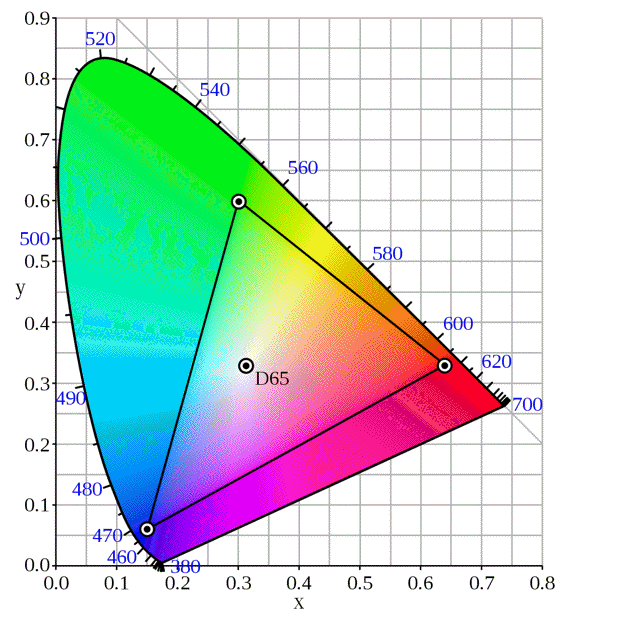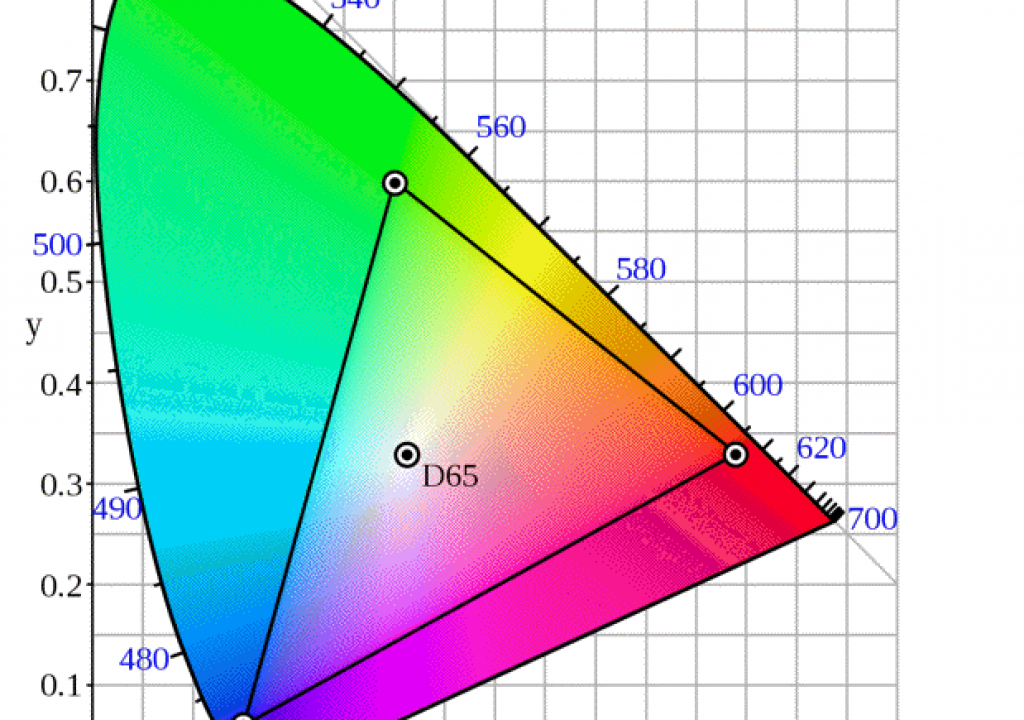
At a recent seminar I gave in Miami about HD image grading together with Rubén Abruña, one of the the attendees asked a good question which deserves a short article. He asked “Why should I care if my critical evaluation HD monitor in my editing suite is calibrated for ITU Rec.709 if my client's monitor won't be?” In this short article, you'll find out what ITU Rec.709 is, and get an adaptation of my answer (since the analogy I gave there would be relevant only to South Florida residents).{C}
What is ITU Rec.709?
ITU Rec.709 is a shortened name for the ITU-R Recommendation BT.709. It standardizes many aspects of high-definition television, including pixel count, framerate, digital representation, primary chromaticities, luma coefficients, and transfer characteristics. ITU Rec.709 was approved back in 2002.
Why should I care if my critical evaluation HD monitor in my editing suite is calibrated for ITU Rec.709 if my client's monitor won't be?
ITU Rec.709 is the set standard for HDTV. Some monitor's might be a percentage off in one direction, and others might be a percentage off in another direction. By monitoring by the standard:
- You will be much closer to getting the desired results on any of your clients' monitors if you grade your HD material on monitor that is calibrated to that standard.
- If you do so, you can always prove to your clients that you are producing in alignment with the establish industry standard for HD.
Read the related articles
- Who is the ITU and why should I care?
- DreamColor review
- DreamColor direct interfaces
- DreamColor converter boxes for non-compliant systems
Allan T©pper's articles and seminars
Get a full index of Allan T©pper's articles and upcoming seminars at AllanTepper.com. Listen to his podcast TecnoTur, together with Tanya Castañeda, Rub©n Abruña, and Liliana Marín, free via iTunes or at TecnoTur.us.


